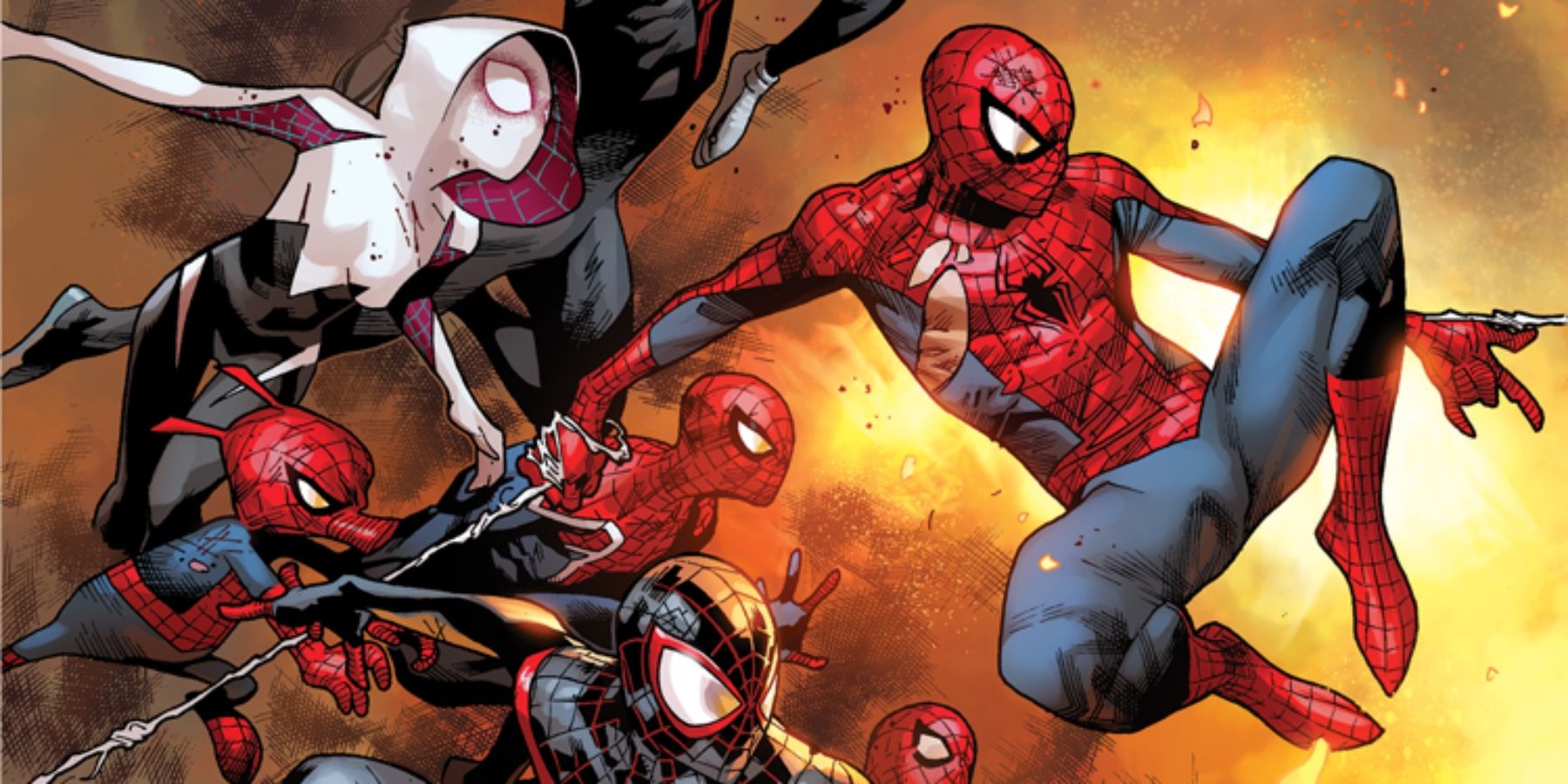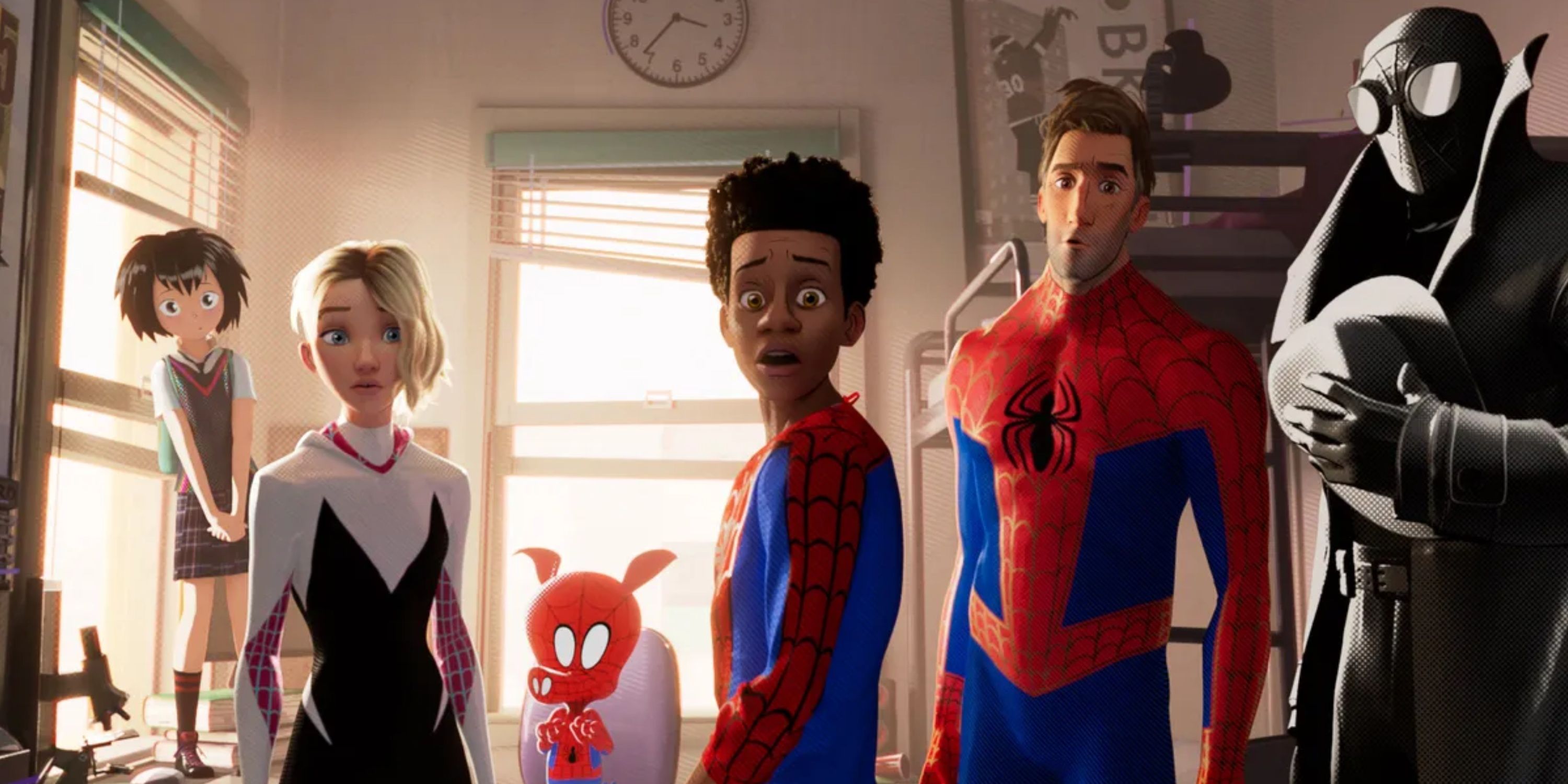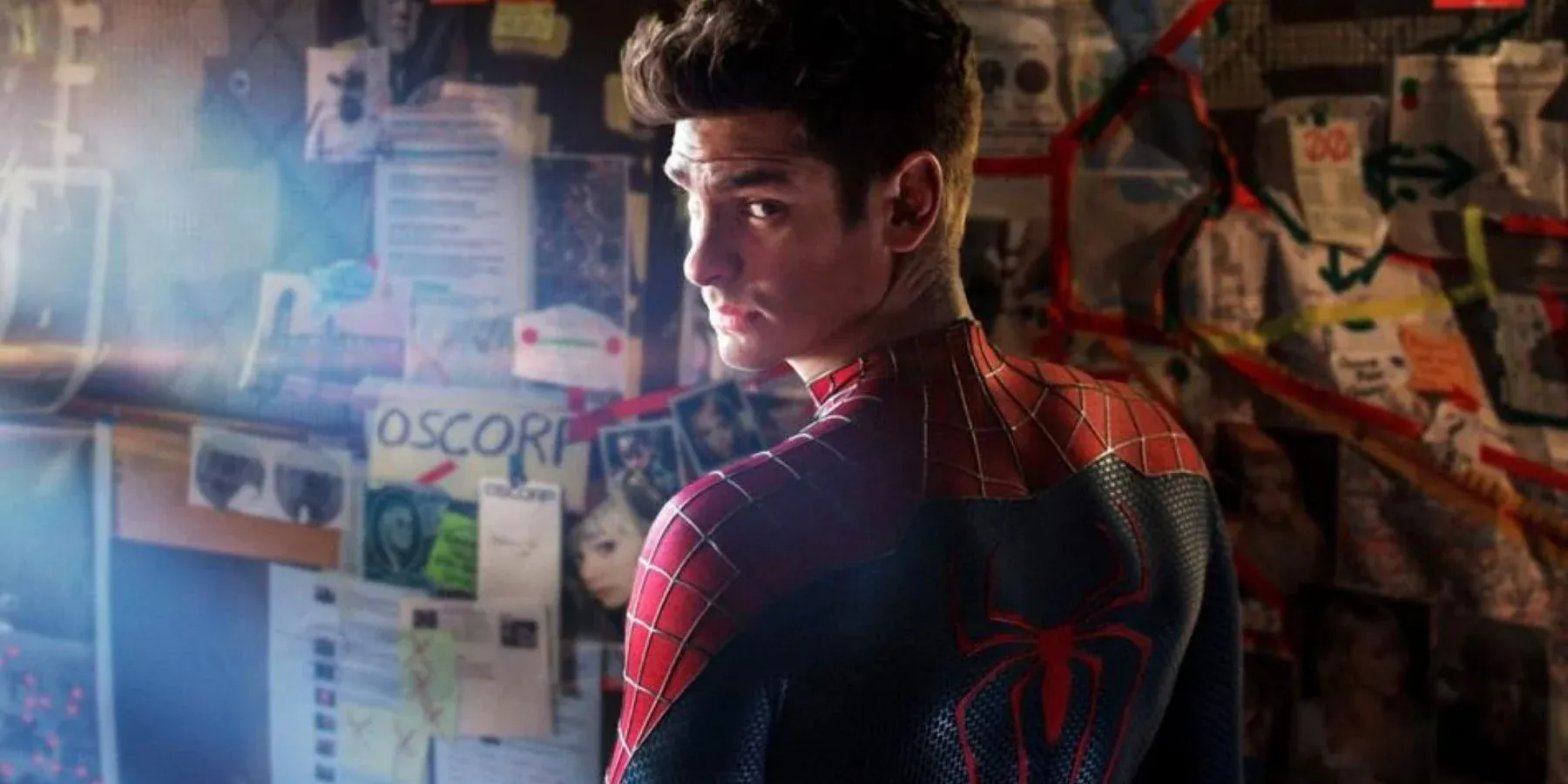
Revolutionizing the Spider-Verse: Sony's Next Move Is a Game-Changer

Sony's Spider-Verse movies were a hit, but their other Spider-projects have fallen short To succeed, Sony must take lessons from their mistakes with Morbius and up their game
The success of Spider-Man: Across the Spider-Verse is undeniable, but it's no secret that Sony's live-action Spider-films have struggled to capture audiences in the same way. Despite Sony's clear focus on the Wallcrawler after buying the rights for a mere $7 million in 1998, their attempts at creating a successful Spider-centric franchise have fallen short. So, is there any hope for Sony's live-action Spider-films, or should they concede defeat and let Spider-Man and his variants return home?
The Spider-Verse Movies: A Breath of Fresh Air
The release of Into the Spider-Verse in 2018 marked the introduction of Miles Morales, the beloved Afro-Latino Spider-Man from Earth-1610, to the big screen. The film's unique animation style, complex characters, and emotionally charged storyline captivated audiences and offered a fresh take on the iconic "Spider-Man" franchise. As the first to explore the concept of a multiverse, Sony paved the way for other Marvel adaptations like Spider-Man: Far From Home, which made its first mention of "the multiverse" in the MCU in the following year. However, the multiversal plot in that film turned out to be a ruse by the villainous Mysterio.
When Loki and No Way Home finally debuted in 2021 as Marvel's first true live-action multiversal projects, it had been three years since Spider-Verse had already introduced the concept. Fans dubbed No Way Home as a "live-action Spider-Verse movie," given its similarities to the animated film. The sequel to Spider-Man: Into the Spider-Verse, titled Across the Spider-Verse, has been met with even greater acclaim than its predecessor. Despite its larger scale, the film retains the emotional depth and cohesiveness that made the first one so beloved, a rare accomplishment for a sequel. Fans are now eagerly anticipating the release of Part 2, Beyond the Spider-Verse, which is slated for release on March 29th of next year.
Sony's Other Spider-Projects Have Been Less Refreshing
When The Amazing Spider-Man 2 hit theaters in 2014, it failed to impress both audiences and critics, resulting in Sony cancelling any plans for a sequel. This left the studio unsure of what to do with the character, but unwilling to let go of the rights. Sony's Amy Pascal eventually agreed to let Spider-Man appear in Captain America: Civil War when Kevin Feige at Marvel approached her about it. This shared custody agreement was seen as a better alternative than losing the character entirely, especially since the studio has no other viable franchises outside of Spider-Man.
Tom Holland has become the most adored rendition of Spider-Man, and his fans are eagerly anticipating his appearance in future MCU movies. However, Sony's deal with Marvel has resulted in shared profits, giving Sony access to numerous Spider-Man characters besides the web-slinger himself. Unfortunately, the creation of "Sony's Spider-Man Universe" was not a request from fans, and it appears to be nothing more than an attempt to retain film rights and generate revenue, with only a few notable exceptions.
Despite Sony's determination to hold onto Spider-Man, the release of Into the Spider-Verse in the same year as Tom Hardy's Venom highlighted the stark contrast in success between the two franchises. While the first Venom may have been a commercial success, the subsequent films failed to reach the same level of critical acclaim as Spider-Verse or any of Tom Holland's Spider-Man movies. For instance, even the least popular of Holland's trilogy, Far From Home, made over $1 billion at the box office, whereas Venom: Let There Be Carnage only made half of that despite a lower budget. While there are certainly fans of Hardy's Venom, their numbers pale in comparison. Despite this, Sony still ventured forward with Morbius, a film that unfortunately failed at the box office twice.
Sony Needs to Learn From Its Morbius Mistakes
The Morbius film failed to capture the essence of its titular character, who was originally created to embody the horror genre. Despite being an anti-hero in modern comics, Morbius still has roots in the traditional vampire archetype. The film missed the opportunity to embrace this aspect, instead choosing to shy away from the very horror that defines the character. Furthermore, the action scenes and deaths were poorly executed, with unintelligible violence and uninspired writing. As a result, it's unclear who the film was intended for, as it failed to satisfy both fans of the comics and casual moviegoers alike.
Sony and Marvel are taking advantage of the interconnectedness of their universes, even if it's not always immediately apparent. Films like Spider-Verse manage to feel like they're part of a larger, more established whole while still managing to carve out their own space. They're not just adding to the MCU, but are fully realized franchises that can stand on their own. This is great news for fans of both studios.
However, Sony's treatment of the other Spider-related properties has been lackluster, making them seem like mere money-making ventures rather than faithful adaptations of beloved characters with a rich history that has impacted countless fans worldwide. As more potentially ill-fated Spider-Projects such as Kraven the Hunter and Madame Web are set to be released, it is imperative that Sony rethinks its approach and provides the necessary attention and development to these characters. Otherwise, the SSU risks becoming nothing more than a collection of alternate timelines erased by the TVA. Perhaps it would be better for all if this were the case.


















